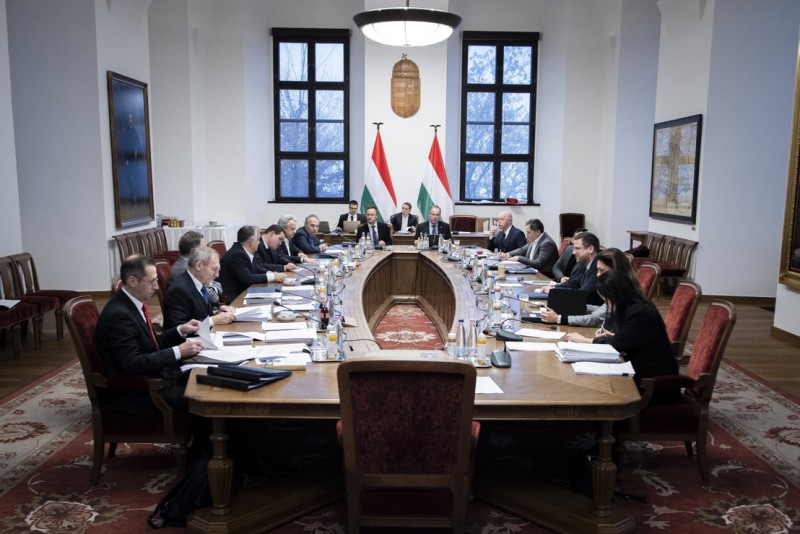Hungary Introduces Criminal Sanctions for Unauthorized Crypto Activities

The Hungarian National Assembly passed amendments to Act C of 2012 on the Criminal Code (Btk.), introducing new provisions that explicitly criminalize unauthorized crypto asset exchange services. The legislation has been approved by Parliament and is currently awaiting signature by the President of Hungary to enter into force.
Background and Legislative Context
The amendments are part of a broader legislative package aimed at updating Hungary’s criminal and financial regulatory framework. The specific focus of the new provisions is to establish clear legal boundaries for the operation of crypto asset-related financial activities and to combat unlawful financial practices involving digital assets.
The key sections introduced are §394/A and §408/A, which define and penalize unauthorized crypto asset exchange and unauthorized financial service provision, respectively.
Key provisions
According to the new §394/A of the Criminal Code:
Anyone who, for regular financial gain and in exchange for consideration, converts crypto assets into money or other crypto assets without being entitled to carry out such activity, commits a misdemeanor and may be punished by up to two years of imprisonment.
This provision creates a criminal offense for individuals or entities that engage in crypto-to-crypto or crypto-to-fiat exchanges without the appropriate regulatory license (such as MiCA) or authorization.
Additionally, §408/A introduces penalties for:
The unauthorized provision of financial services, including payment services and crypto asset exchange services.
This clause extends the scope of criminal liability to include any unlicensed financial or crypto-related activities, regardless of the operator’s size, method, or technological framework.
Implications of the Legislation
The legal framework now establishes that crypto asset exchange services may only be operated by entities holding specific authorization and subject to financial supervisory authority oversight. Engaging in such services without this authorization constitutes a criminal offense.
These changes aim to reinforce Hungary’s compliance with international anti-money laundering (AML) and counter-terrorism financing (CTF) standards. By explicitly criminalizing unauthorized digital asset-related activities, the law seeks to clarify the legal status of crypto asset operations and provide tools for law enforcement against illicit actors.
The amendment does not distinguish between centralized or decentralized service models, nor does it exempt peer-to-peer transactions conducted for profit. The law focuses on the intent of financial gain and the absence of regulatory approval as the primary criteria for criminal classification.
Current status
As of June 2025, the legislation has passed through all parliamentary readings and is pending formal promulgation by the President of Hungary. Once signed, it will come into effect following publication in the official gazette.
This legal development marks a significant formalization of Hungary’s approach to digital asset regulation within its criminal law system.